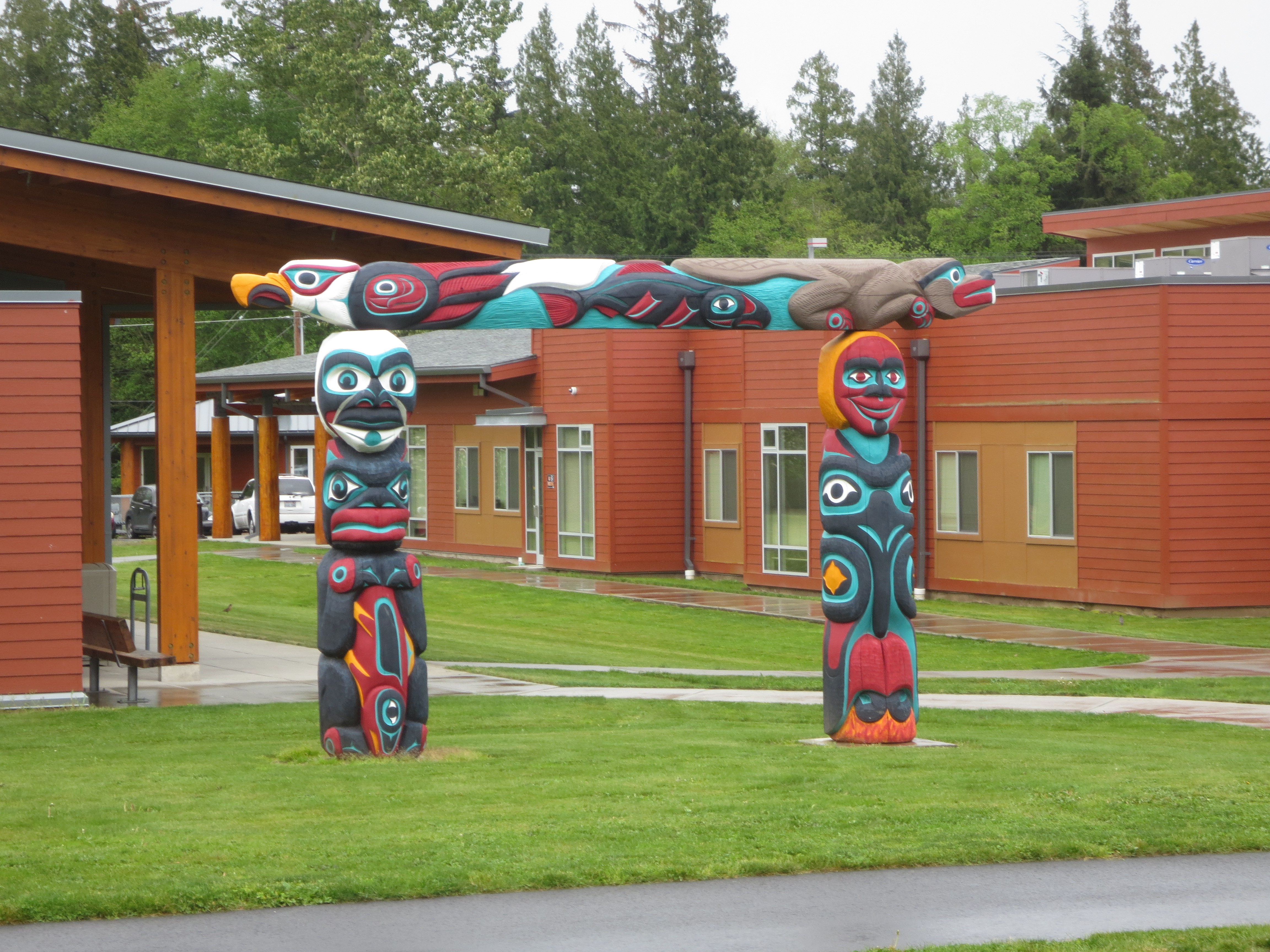by Chris Casuccio and Angela Kelly
We’re a month in and a month out.
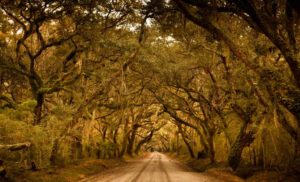
It’s been a little over a month since the election, and we have a little more than a month to go before the inauguration. As we attempt to find our bearings and head towards the first 100 days of the new Administration and all the threats to social justice that confront us, we recognize how much we need each other right now. With that in mind, this blog post, and the ones that will follow in the coming weeks, are intended to help us get ready: grounded in our analysis, nurtured in our spirits, and prepared to step into action.
This week, members of the UUCSJ community, including staff and Program Leaders, gathered on a video call to discuss how and what we have been doing since the election. It became clear that we, like many people across the country and world, are experiencing a wide range of reactions and feelings, and are finding solace and power in a variety of practices, actions, and communities.
In the face of the daunting tasks ahead of us, and the weight of this historical moment, many of us are struggling to balance the accompanying despair and fear with the need for hope and determination. While many of us are united in our distress about what will happen in the months to come, we also recognize that the specific ways in which we are likely to be directly impacted by the incoming Administration are largely influenced by our identities, our backgrounds, and our relationships to privilege and power. While some of us will face very direct threats to our safety, and to the safety of those we love, others of us will be called in new ways to consider how we can deepen and sustain concrete practices of solidarity.
Regardless of who we are, and how we are feeling in this moment, there is a growing consensus that these times demand something new of us all, and that we need to continue turning to one another for wisdom, guidance, and collective strength. In that spirit, we want to lift up a collection of articles and resources we’ve been compiling since the election, as well as offer a framework for checking in with how and what we are doing, on multiple levels: the head, the heart, and the hands.
 Head
Head
Questions: What are we thinking about and how do we go about analyzing and understanding the current moment? How does intellectual analysis orient us during a moment like this which can provoke confusion and disorientation?
Resources: There has been an explosion of critical thought and debate in the past month, ranging from historical and structural analyses of our current moment to suggested frameworks and strategies for how we forge our way ahead as a movement. As we have sifted through the post-election analyses, we are reminded that it is always powerful to hear what these public intellectuals have to say: Naomi Klein, Cornel West, Angela Davis, Toni Morrison and Noam Chomsky. There is no shortage of excellent analysis by other public figures, such as these recent articles by Charles Eisenstein, Robin DG Kelley, Chimamanda Ngozi Adichie, Christian Parenti, Pankaj Mishra, Van Jones and Immanuel Wallerstein.
If you’re wanting to dive even deeper, there have been a handful of reading lists compiled for understanding the election results (another here), preparing to stop Trump, navigating the times ahead, understanding neoliberalism, and some general post-election theological readings for religious progressives. Don’t forget that some of the most relevant analysis and deepest understanding is achieved offline: by delving into long discussions with trusted friends and family, asking people we don’t ordinarily interact with what they think about the times we are entering, attending forums, classes, and teach-ins, and going for long walks to process one’s thoughts!
 Heart
Heart
Questions: What are we feeling, and how are we attending to our emotional and spiritual lives in these challenging times? Where are we finding sustenance and how are we cultivating communities that foster collective care and connect us to practices that restore and energize us to do what must be done?
Resources: Our friends and colleagues across the UUA have compiled a number of helpful salves for our hearts and spirits. You may find solace and spiritual grounding in these worship resources, a webinar on managing post-election stress response, another on resistance and resilience, or in this collection of practical suggestions for attending to the range of emotional reactions you and those around you may be experiencing. Weekly Braver Wiser offerings help us find courage and compassion and Standing on the Side of Love’s podcasts offer spiritual fortification for our organizing.
For insights into grappling with heightened fear and despair, recent pieces by Alice Walker, Parker Palmer, and adrienne maree brown may offer comfort. Rabbi Michael Adam Latz shares lessons in spiritual resistance for the times we face, Courtney Martin reflects on where to turn to be comforted and challenged, and Sandra Kim offers 20+ resources to help you process post-election. Edgar Rivera Colon reminds us that this is a time to slow down and discern, while several women of color answered Collier Myerson’s call to share self-care strategies for the times ahead.
Of course, many of the most powerful tools for our spiritual and emotional sustenance are also found offline: in the rhythm of our breath, in quiet moments of prayer, in stretching, moving, and nourishing our bodies, in joining others in worship, in making art, music, or good food, and in spending time in nature, in community, in the presence of beauty, the sacred, and with those we love.
 Hands
Hands
Questions: How are we taking action? What are we doing that is tangible and concrete to resist and transform the current injustices facing our communities and the worsening crises to come?
Resources: A recent piece in Mother Jones reminds us that, with all hands on deck, it’s Time to Fight Like Hell. Our friends and colleagues in the UU world offer many helpful places to start. Rev. Peter Morales, UUA President, provides pastoral guidance for the work ahead, outlining an emerging campaign to provide sanctuary and resistance, in which UUCSJ is committed to actively collaborating and welcomes your involvement as it develops. Caitlin Breedlove, Director of Standing on the Side of Love, calls upon white progressives to do more than form opinions, and instead become transformers. The UUA’s Show Love Resource page offers a number of ways that your congregation can take action, lifting up powerful examples from across the country.
While there is no clear roadmap for confronting the multiple, interconnected, escalating, and yet-to-be-determined injustices facing us, several longtime organizers and movement analysts offer us pathways to consider, such as: On Pivoting: Ideas on Organizing During a Trump Administration, Indivisible: A Practical Guide for Resisting the Trump Era, Building Coalitions that Can Win, and America Needs a Network of Rebel Cities to Stand Up to Trump. Opal Tometi, a leader of the Movement for Black Lives shares this video about 5 Things We Can Do in the Wake of Trump’s Victory, while WhiteAccomplices.org offers a new toolkit on moving from Actor to Ally to Accomplice. Weekly Actions to Resist Trump is a new website that invites us to take a timely and concrete action each week and the new Safety Pin Box subscription program, co-created by Black Lives of UU lead organizer Leslie Mac, provides an opportunity for white allies to get a monthly “box” full of ways to take accountable action while helping invest in organizing for liberation led by Black women.
There is also a lot we can do at the interpersonal level, starting with talking with our families, as well as equipping ourselves to offer immediate support to those who may be facing harassment and to de-escalate incidences of injustice we witness and confront. And when we feel too daunted or overwhelmed by the work to be done, we can begin by considering our own spheres of influence and beginning there, resolving to remain engaged and undaunted.
These are some starting points for work that is unfinished, still emerging, and will be ongoing.
Our hope is that these articles and resources can encourage and nurture us on all three of these levels — the head, the heart, and the hands — so that we can continue to support and protect one another, resist the threats of increased oppression, and move forward in fulfilling our commitments to transforming ourselves and our society, with clarity, spirit, love, and community.
We welcome your stories, action ideas, and guiding wisdom, as well, and look forward to sharing more with you in the weeks ahead, as we continue to get ready to find our ways forward together. Please send us your thoughts!

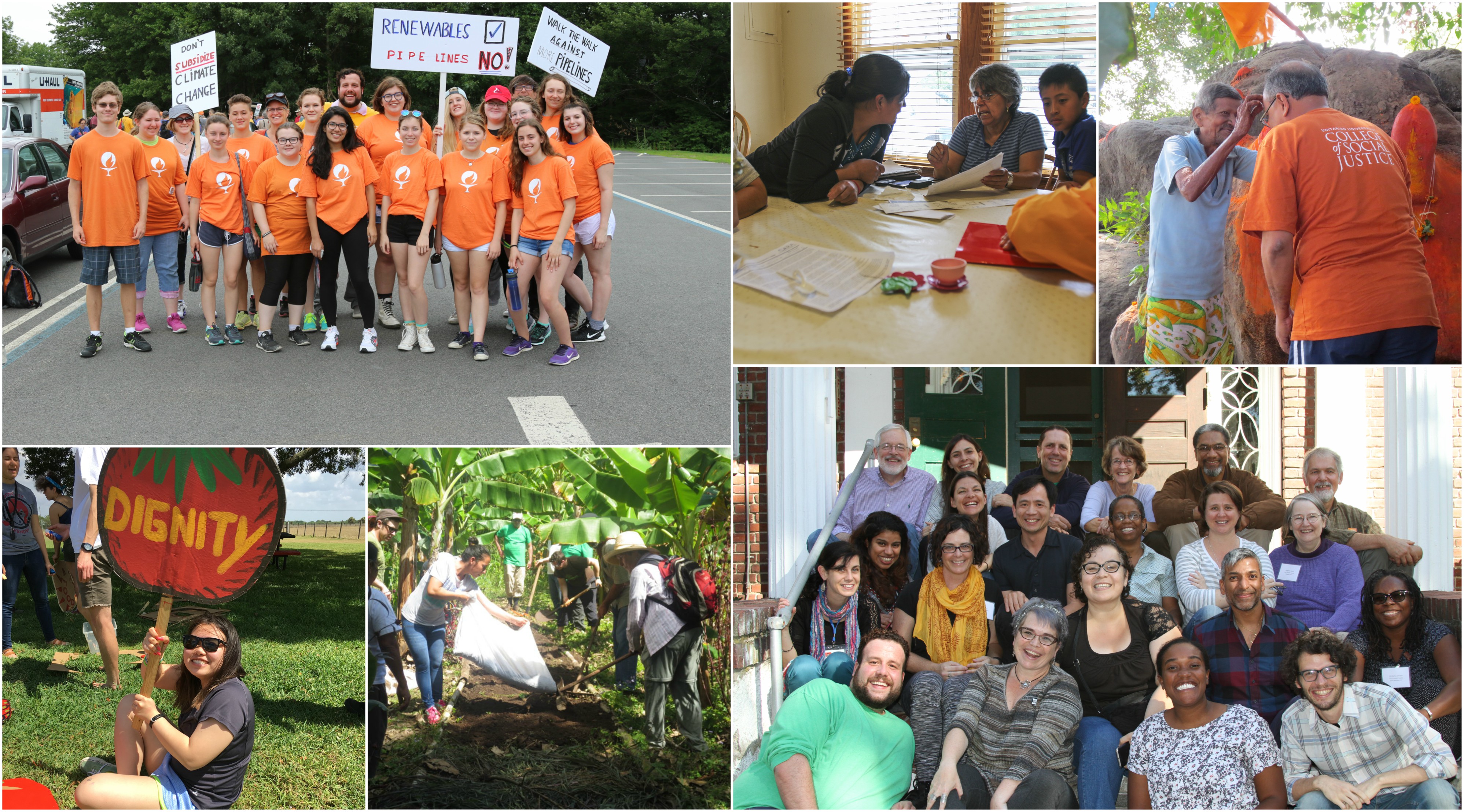

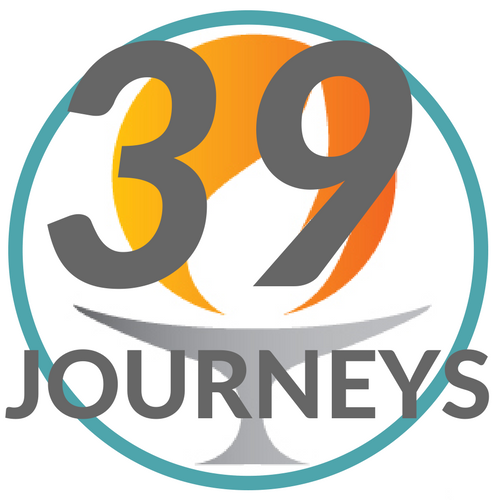
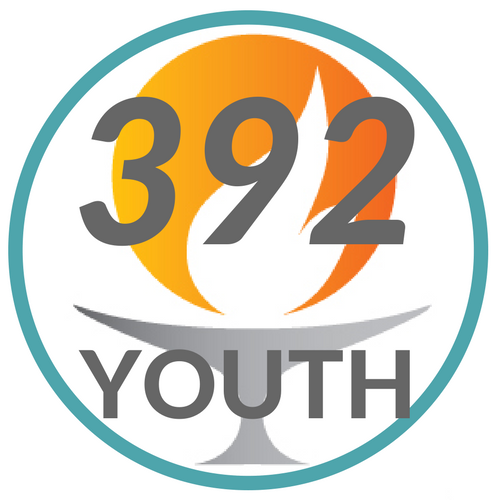
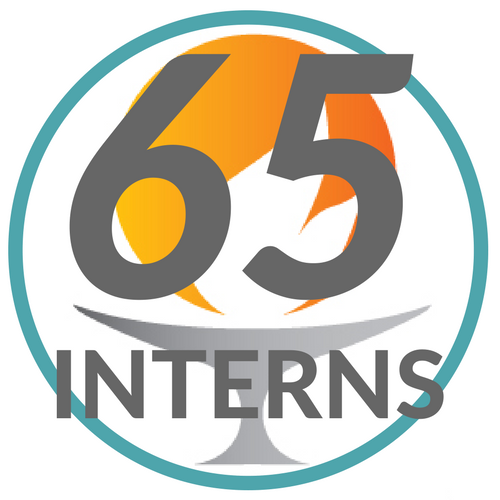
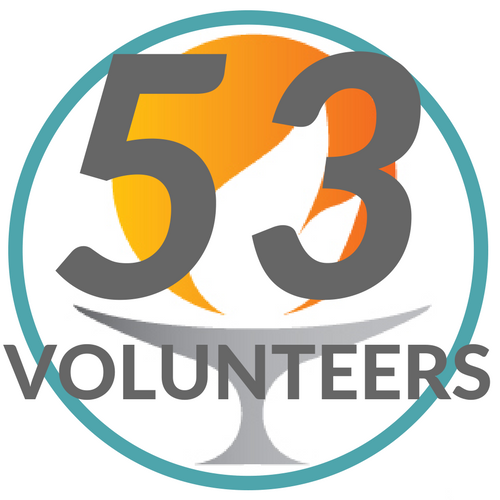
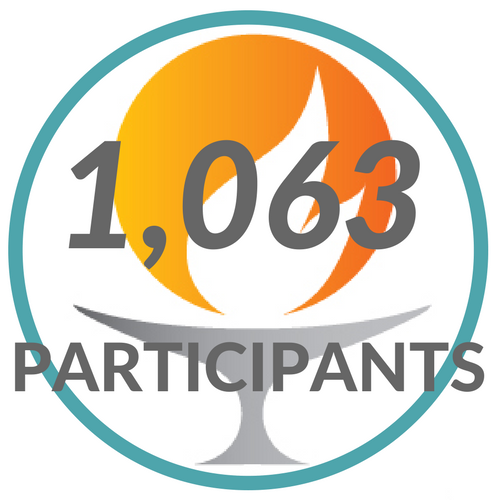
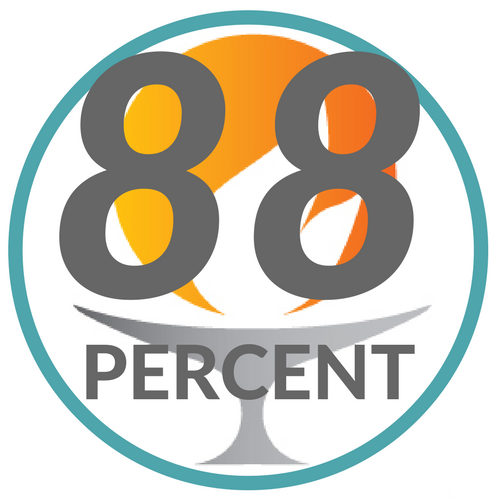
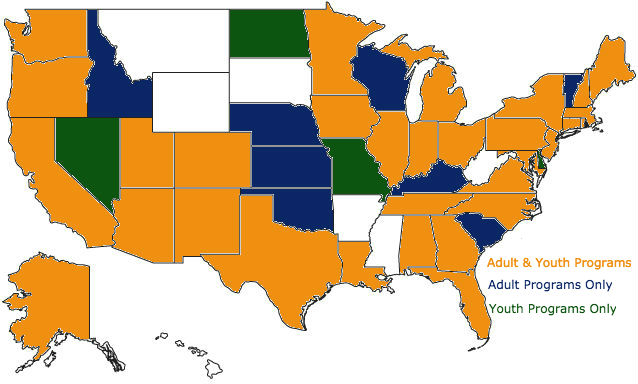

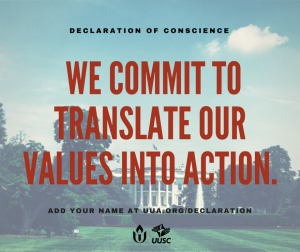
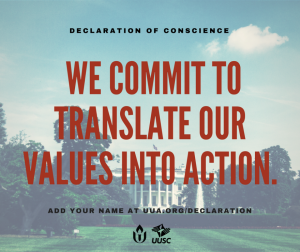


 Heart
Heart Hands
Hands
